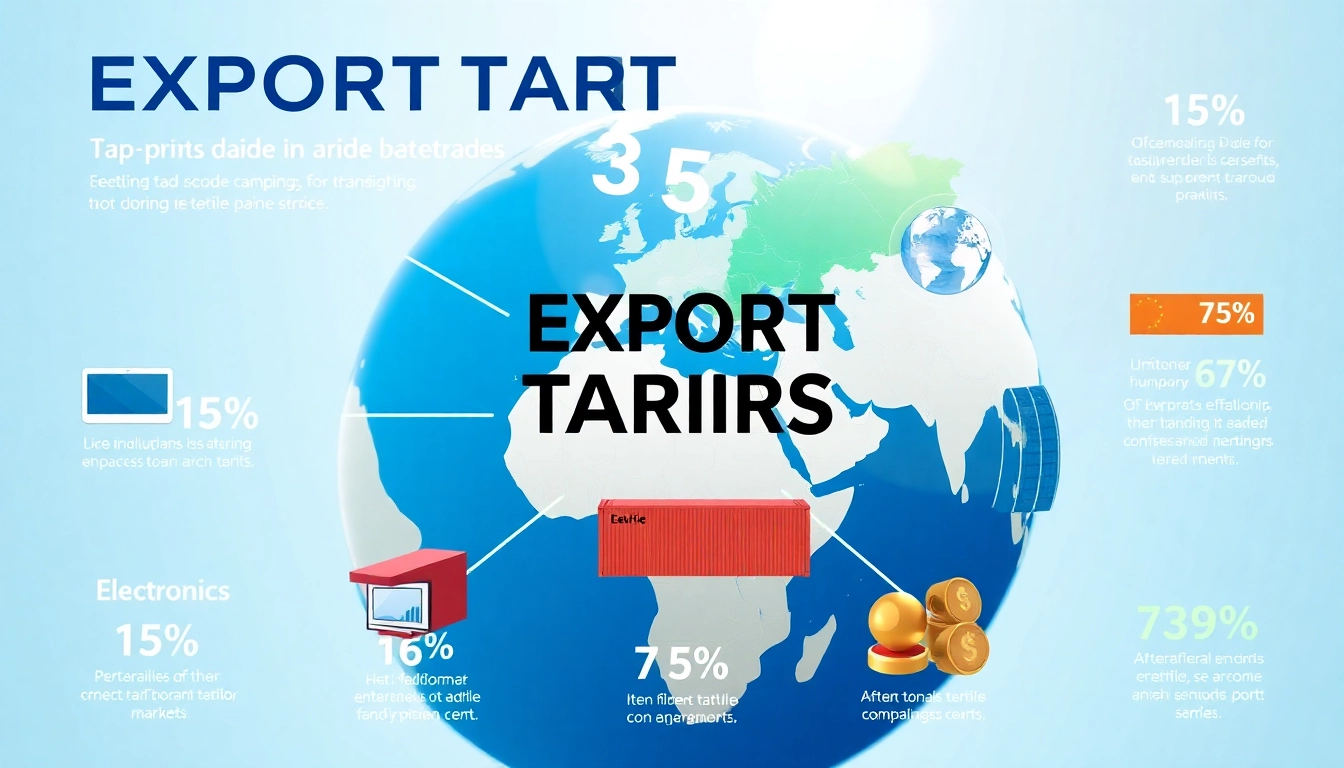Understanding the Mortgage Process with AI
The mortgage industry has long been characterized by traditional practices, paper-heavy documentation, and complex regulations. However, in recent years, there’s been a significant shift towards integrating technology, particularly artificial intelligence (AI), into the mortgage process. This transformation is not just about automation; it’s about enhancing efficiency, reducing time frames, and offering a more personalized experience for borrowers. By leveraging AI, lenders can streamline the entire mortgage process, providing faster and more efficient services. For those seeking to understand the mortgage process with AI, this article will delve into its implications and benefits.
What is the Mortgage Process?
The mortgage process typically begins with a loan application, where potential borrowers submit financial information to a lender. This information is used to assess eligibility for a loan, which includes the verification of income, employment history, assets, and credit history. Following the application stage is the underwriting process, which determines the risk of lending to a borrower. Once approved, the loan proceeds to closing, where the necessary documents are signed and the funds are disbursed.
This age-old process involves numerous steps and interactions between borrowers, lenders, and various stakeholders including real estate agents and appraisers. Traditionally, these interactions required substantial manual effort and were time-consuming, often leading to frustration for borrowers eager to secure their loans. Here’s where AI enters the scene, promising to optimize each step through technology.
The Role of AI in Modern Banking
AI has quickly become a pivotal part of modern banking, introducing algorithms and machine learning techniques that automate various banking processes. From chatbots providing customer service to algorithms that predict loan defaults, AI is touching almost every aspect of the banking industry.
In mortgage lending, AI streamlines data processing and enhances decision-making capabilities. It helps lenders analyze vast amounts of data quickly, leading to faster approval times and reduced costs. AI can also provide insights into borrower behaviors and preferences, helping lenders create customized offerings to meet those unique needs.
Benefits of AI Integration in the Mortgage Process
Integrating AI into the mortgage process presents numerous advantages, including:
- Enhanced Efficiency: AI can automate repetitive tasks, diminishing the workload on staff and speeding up the overall process.
- Improved Accuracy: AI minimizes human error by cross-verifying data and automating document processing.
- Personalized Experiences: By analyzing customer data, AI can tailor mortgage products to better meet individual borrower needs.
- Fraud Detection: AI systems can analyze transaction patterns to identify potential fraudulent activities.
- 24/7 Availability: Chatbots and virtual assistants powered by AI can offer support to clients around the clock, thus enhancing customer service.
How AI is Transforming Loan Applications
Automated Document Verification
One of the most labor-intensive aspects of the mortgage process is document verification. Traditionally, this involved manually reviewing numerous papers such as tax returns, bank statements, and credit histories. However, with AI, lenders can utilize natural language processing and optical character recognition to automate this task. AI systems can quickly scan and extract the necessary information, reducing the time required for verification from weeks to mere hours.
Speeding Up Application Reviews
The review process for loan applications can take significant time due to the need for thorough checks. AI accelerates this review process by sifting through applications to identify missing documents or inconsistencies, flagging them for swift attention from loan officers. By triaging applications based on risk profiles and eligibility, AI enhances loan processors’ ability to prioritize and manage workloads effectively.
Personalizing Mortgage Solutions with Customer Data
Leveraging AI allows lenders to analyze customer data deeply, offering insights into borrower behaviors and preferences. By examining demographics, past financial interactions, and payment habits, lenders can recommend mortgage products that suit potential borrowers’ profiles. This personalized approach can lead to higher conversion rates as borrowers are more likely to engage with products tailored to their specific needs.
Streamlining Underwriting with AI Technology
AI-Driven Risk Assessment
Underwriting is crucial to the mortgage process, as it determines the risk associated with lending to an individual borrower. AI facilitates more accurate risk assessments by utilizing historical data to predict outcomes. For example, machine learning algorithms can analyze credit scores, income levels, and even social factors to arrive at a comprehensive risk profile that influences lending decisions.
Fraud Detection and Prevention
AI’s capabilities extend significantly into fraud detection. Advanced algorithms are adept at spotting irregular transaction patterns that may indicate fraudulent activities. By cross-referencing a borrower’s application details against known fraud instances, AI systems can flag suspicious applications, thus mitigating losses for lenders.
Improving Compliance through AI Tools
Compliance is a critical element of the mortgage process, with regulations frequently evolving. AI tools can aid lenders in maintaining compliance through continual monitoring of regulatory changes and automatic updates to documentation. For instance, AI can analyze loan documents for compliance violations, making it simpler for lenders to adhere to federal and state laws.
Challenges in Implementing AI in Mortgages
Understanding Data Privacy Concerns
While AI brings numerous benefits, it also raises significant concerns regarding data privacy. Lenders must ensure that customer data is securely stored and handled. Compliance with regulations like the General Data Protection Regulation (GDPR) and the California Consumer Privacy Act (CCPA) is essential. Institutions must implement robust cybersecurity measures and transparent data handling policies to protect consumer information.
Balancing Automation and Human Oversight
The integration of AI does not eliminate the need for human oversight. Balancing automation with human judgment remains critical to ensure that personalized service and empathy are not lost in the transition. Lenders need to identify key stages in the mortgage process where a human touch is necessary, particularly in customer service interactions and complex decision-making scenarios.
Cost Implications of AI Adoption
Implementing AI technology can pose initial cost barriers, including software procurement, training, and system integration. Lenders may need to evaluate the cost-benefit ratio of adopting AI solutions over traditional practices, considering the potential long-term savings from increased efficiency and reduced processing times. Strategic financial planning and incremental implementation may help mitigate these costs over time.
The Future Landscape of AI in Mortgage Processing
Innovations on the Horizon
The future of AI in mortgage processing looks promising with innovations continually emerging. For instance, AI-powered chatbots are becoming more sophisticated, enabling lenders to automate not just inquiries but entire onboarding processes. Predictive analytics could further enhance personalization, allowing lenders to anticipate market shifts and borrower needs more efficiently.
Market Trends and Consumer Expectations
As more consumers become tech-savvy, their expectations regarding mortgage services are evolving. A growing number of borrowers expect seamless online experiences that are quick and user-friendly. AI enhances user experience by making information readily available, responding to inquiries faster, and providing 24/7 service capabilities. Lenders investing in AI technology are likely to stand out in a crowded marketplace.
Long-Term Benefits of AI-Enhanced Mortgages
Integrating AI into the mortgage process provides long-term benefits that extend beyond mere efficiency. Increased accuracy reduces the risk of errors, while enhanced personalization can lead to higher customer satisfaction and loyalty. As the technology matures, lenders who adopt AI solutions early will be better positioned to respond to emerging trends and consumer demands in the financial services landscape.



